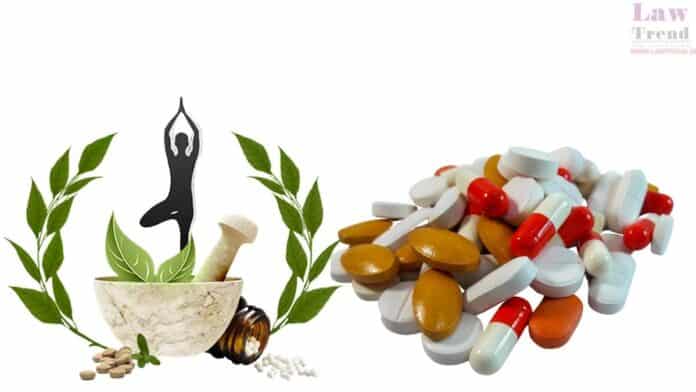The Supreme Court of India, in an order dated October 17, 2025, has referred a significant legal question to a larger bench for an “authoritative pronouncement.” The core issue is “whether the doctors, practicing allopathy and indigenous medicine; like Ayurveda, Homeopathy, Unani etc. can be treated equally for the purpose of determining service conditions; herein,
To Read More Please Subscribe to VIP Membership for Unlimited Access to All the Articles, Download Available Copies of Judgments/Order, Acess to Central/State Bare Acts, Advertisement Free Content, Access to More than 4000 Legal Drafts( Readymade Editable Formats of Suits, Petitions, Writs, Legal Notices, Divorce Petitions, 138 Notices, Bail Applications etc.) in Hindi and English.




